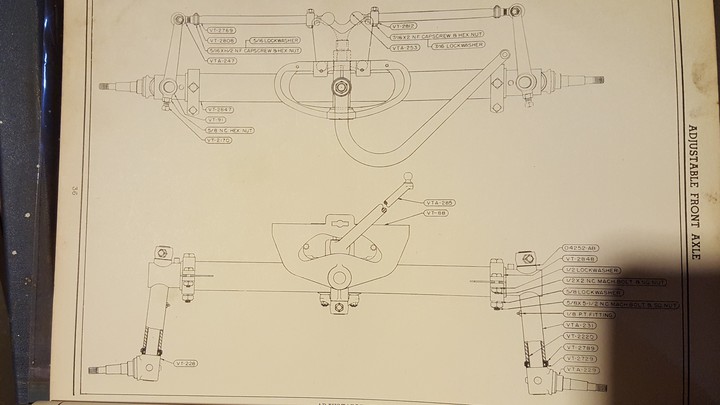I just read the post about straight water in the radiator vs a water and antifreeze mix. Several posts made comments about the antifreeze lubricating the water pump, and I just wanted to set something straight about that.
Having worked on water pumps on engines, as well as industrial water pumps of varying designs, I have found that most of them use basically the same mechanical type seal. That being the case, the faces of the seal are mirror polished, and ride together under spring tension. Riding together like they do, they are leak free, thus no water/coolant gets between the seal faces. In other words a mechanical seal, by design, needs no lubrication, only the cooling effect of the liquid being pumped.
That being the case, the seals in a water pump, wether it's on a vehicle engine, or a 12 inch, engine driven pump dewatering a quarry, don't care whether the liquid around them is water, or a mix of water and anything else. As long as the liquid being pumped is compatible with the bellows assembly that seals around the seal faces and lets them float together under tension, and the rest of the materials in the seal itself, that's all that matters. Heck, even if the water/fluid being pumped has abrasives in it, it doesn't matter as long as the seal faces stay under tension, and stay true together, they will continue to seal.
Like I said, I just wanted to clear this up. It seems that the marketers for many items, be it antifreeze, or whatever, make claims about their product that might be true in a given circumstance, but the other 99.999% of the time makes absolutely no difference at all. Still it sounds good, and the average consumer will buy the product for that reason alone, even if the claim has absolutely no benefit in their application.
Having worked on water pumps on engines, as well as industrial water pumps of varying designs, I have found that most of them use basically the same mechanical type seal. That being the case, the faces of the seal are mirror polished, and ride together under spring tension. Riding together like they do, they are leak free, thus no water/coolant gets between the seal faces. In other words a mechanical seal, by design, needs no lubrication, only the cooling effect of the liquid being pumped.
That being the case, the seals in a water pump, wether it's on a vehicle engine, or a 12 inch, engine driven pump dewatering a quarry, don't care whether the liquid around them is water, or a mix of water and anything else. As long as the liquid being pumped is compatible with the bellows assembly that seals around the seal faces and lets them float together under tension, and the rest of the materials in the seal itself, that's all that matters. Heck, even if the water/fluid being pumped has abrasives in it, it doesn't matter as long as the seal faces stay under tension, and stay true together, they will continue to seal.
Like I said, I just wanted to clear this up. It seems that the marketers for many items, be it antifreeze, or whatever, make claims about their product that might be true in a given circumstance, but the other 99.999% of the time makes absolutely no difference at all. Still it sounds good, and the average consumer will buy the product for that reason alone, even if the claim has absolutely no benefit in their application.


